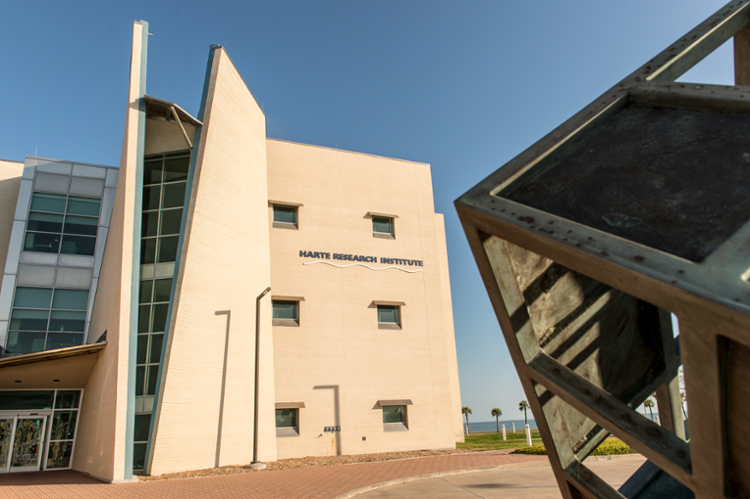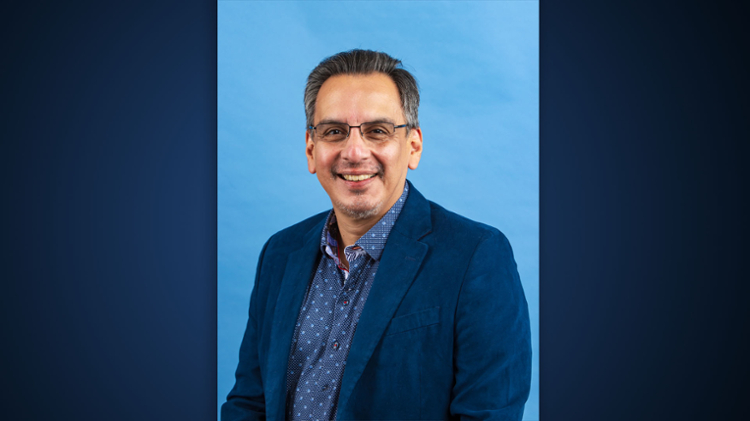TAMU-CC International Business Expert Sees Mixed Challenges Ahead for Economy
CORPUS CHRISTI, Texas – Businesses around the world will see impacts from the COVID-19 pandemic but impact will vary depending on the type of industry. Among the hardest-hit industries will be those that rely on production of goods, said Dr. Abu Waheeduzzaman, Professor of Marketing and International Business in the College of Business at Texas A&M University-Corpus Christi.
“We are not producing anything in this period,” Waheeduzzaman said. “Not only are we producing less but we are earning less. That’s worldwide.”
Waheeduzzaman said the level of impact will depend on the duration of the pandemic. If it is short, one to two months long, minimal impact could be expected. But a longer period of inactivity could have more devastating impacts, he said.
One concern is that while China appears to be starting to recover, the implementation of relatively draconian measures was necessary. Such an approach is considered acceptable in that society but may not be as easily accepted elsewhere.
“China is a collectivistic society while America is individualistic,” Waheeduzzaman said. A stringent lockdown approach may not work here.
“That may not be the model most Western economies can take,” he said. “So, it is a cultural issue as well as an economic issue.”
Waheeduzzaman expects to see somewhat less impact in emerging economies where agriculture has a large share in gross domestic product (GDP). Demand should remain strong and productivity may not be seriously impacted due to the nature of the work. A factor working against such economies will be where population is heavily concentrated, such as in Mexico City, New Delhi, and Manilla, and the virus can spread more easily.
Waheeduzzaman said while global uncertainty is creating havoc with the stock market, a better barometer of the world economy is the level of production, especially in agriculture. Basic industries will play a larger role than sophisticated industries.
“People are placing too much of their attention on the stock market,” he said. “Rather, we should place our emphasis on the level of food production, healthcare, sustenance, and productivity in society. We need to keep it going, even in times of crisis.”
Waheeduzzaman said reactions to the crisis will also be felt at the local level, especially when it comes to decisions consumers may make about which businesses to support. As an example, he compared the Texas grocery chain H-E-B with Walmart.
“Walmart is considered to be inexpensive but it is a different model,” he said. “They have capitalized the supply chain to their advantage. They control the supply chain. The computer in Arkansas knows you bought a pair of socks and the message is relayed to the factory in China. It’s actually a business model rather than a neighborhood store.”
In contrast, people feel a personal connection with their neighborhood H-E-B.
“This is a great model. It’s a personal relationship, a symbiotic relationship,” he said. “We support them, they support us. We are here for each other and we need to protect each other.”
Waheeduzzaman feels that the society should come together to get through the crisis.
“We are at a very uncertain situation,” he said. “It can be a long haul. A calm and cooperative attitude will help us get through the crisis, be it in the short or the long run. We have to hold together to overcome the negative impact on the economy. Stay calm, stay home, stay positive.”

